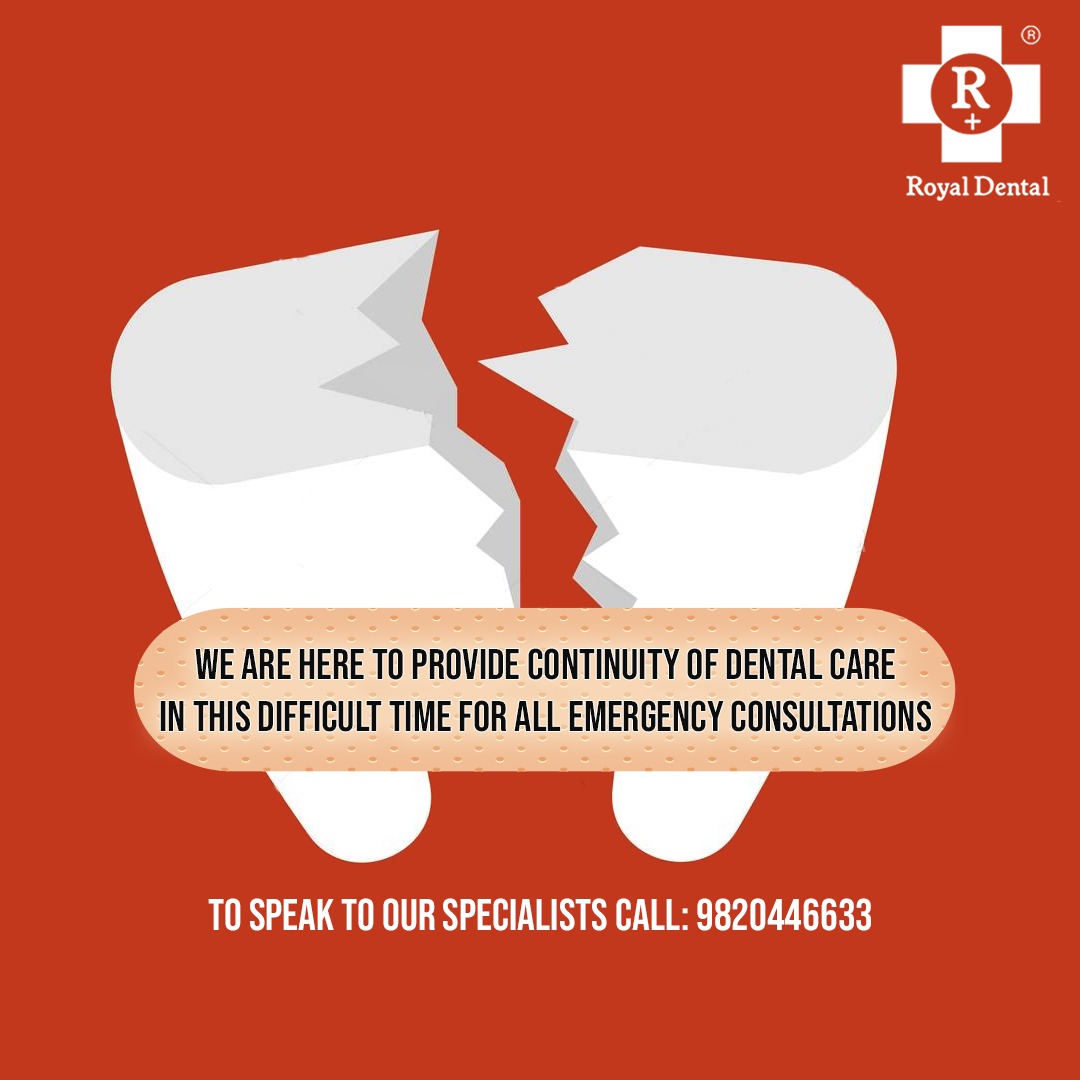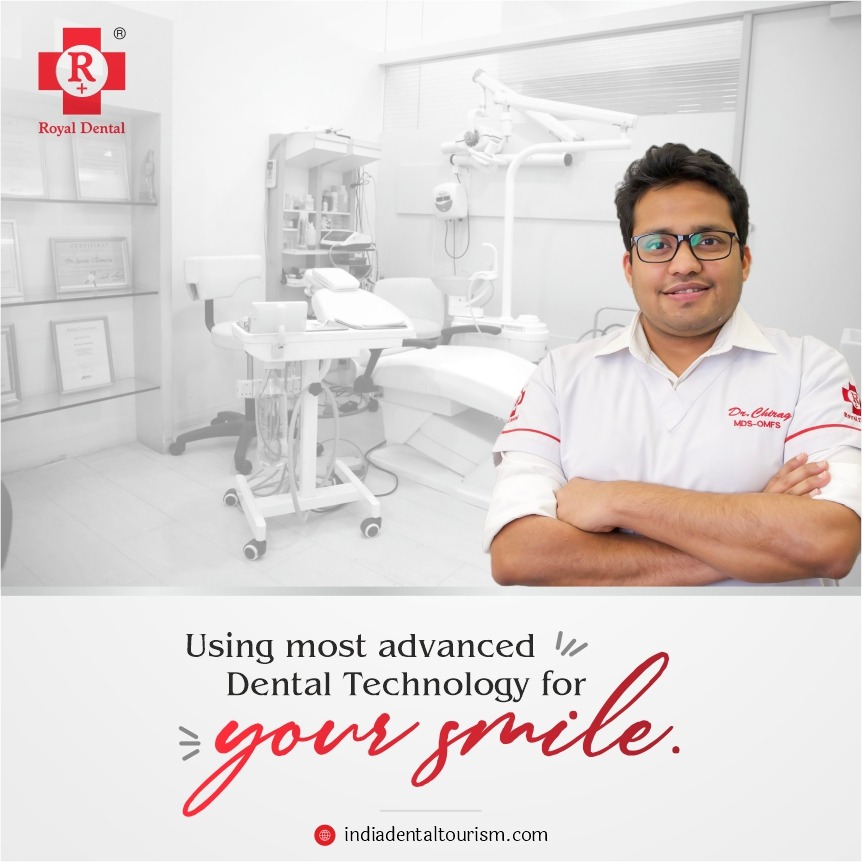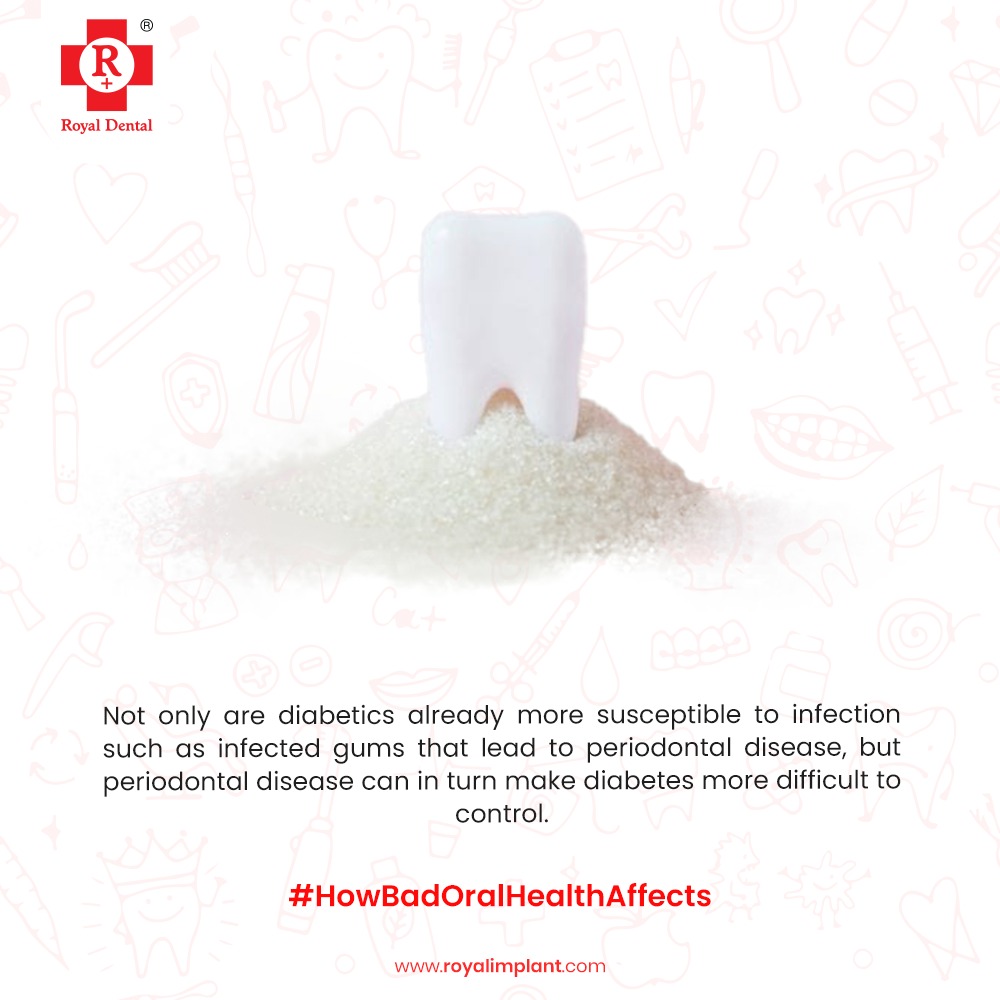When you think of dental treatment, you probably imagine something quite clinical and scientific. In fact, most people associate dentists with drills, X-rays, and other procedures. Most of which are uncomfortable to think about let alone experience. However, while it’s true that dentists sometimes need to use tools like drills to treat their patients, the field of dental care is much more than that. Unfortunately, some people have negative preconceptions about dentistry. Because of things they’ve heard about third-party dental services or the way characters on TV talk about going to the dentist. Fortunately for you, this article will give you all the information you need to understand why so many people choose to visit a dentist regularly.
What is Dental Care?
Dental care is the process of keeping your teeth and gums healthy and pain-free throughout your life. This is possible because your mouth contains a complex network of organs. These work together to keep your teeth clean, healthy, and free of pain. Dentists specialise in dental care. This means they have the training and knowledge to keep your mouth healthy and treat any problems you may have with teeth, gums, or other oral health issues.


Why should I see my Dentist for dental treatment?
As we’ve mentioned, dental surgeon specialise in dental care and are trained to treat a wide range of dental problems. However, their training is different from other medical fields, which means that you should see a dentist if you experience any of the following symptoms:
There’s something caught between your teeth and can’t be removed with floss or mouthwash: this could be an old piece of food that’s stuck in your teeth but not visible to you. If it can’t be removed easily you should get it checked out by a dentist. If it’s something that may be visible to other people, you should go straight to the dentist.

You have persistent or recurring bad breath: frequent bad breath is a common sign of gum disease. It’s also a very common symptom of other health problems so you can’t use it as an indicator of dental problems.
Your teeth or gums are painful: while dental problems like tooth decay can cause pain, so can gum disease, jaw disorders, and even allergies.

Common Dental problems
Untreated dental problems can cause a range of both short-term and long-term issues for your teeth, gums, and jaw. While serious dental problems can be treated, some problems can be prevented with regular dental care. Here are some common dental problems and how you can prevent them.
Bad breath: Bad breath is a sign of gum disease, which can be easily treated by a dentist.
Tooth decay: Tooth decay is a bacterial infection that destroys the enamel on your teeth and can lead to cavities or even tooth loss.
Gum disease: Gum disease is a bacterial infection that affects the gums and can be treated with antibiotics or surgery.
Jaw disorders: Jaw disorders can be painful and affect the way you chew or speak.
Sensitive Teeth: Your teeth become sensitive to hot and cold foods and drinks when the enamel is worn away and the dentin is exposed.
Root Infection: The base or root of your tooth can become infected and swollen with bacteria. This most often happens because of cavities, cracks, or fractures in the tooth. Root infection can lead to damaged tissues and nerves of the tooth, and eventually to the development of abscesses.
Enamel Erosion: Enamel erosion is a condition that develops very slowly and leaves teeth both discolored and rounded-looking. Its primary cause is consuming plenty of sugary and acidic foods such as soda and sweets over a long period of time. A rare cause is brushing your teeth too often, too hard, and too long.
Fixing Common Dental Problems
If you find out that you have a dental problem and want to treat it, you need to find a dentist and set up a treatment plan. This will include a diagnosis and a plan for dealing with your dental issue. In some cases, this may involve surgery or even extractions, you might be able to get help from your local health authority. Many local governments provide low-cost or free dental care to people who can’t afford treatment on their own.
If your dental problem can’t be treated, you might have to have it removed. This is usually recommended for people with dentures who have gum disease and can’t treat it with antibiotics or other types of treatment.

Conclusion to dental treatment
We hope that this article has given you a better understanding of the importance of dental care and what you can do to keep your smile healthy. If you have any questions or concerns about your dental health, make sure to visit a dentist regularly and ask them any questions you may have.
Follow Us For More Updates





